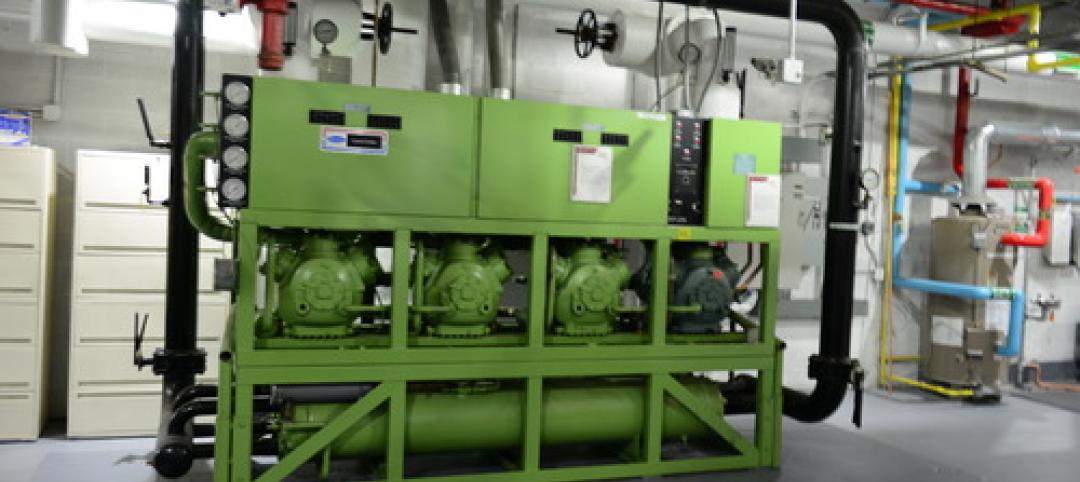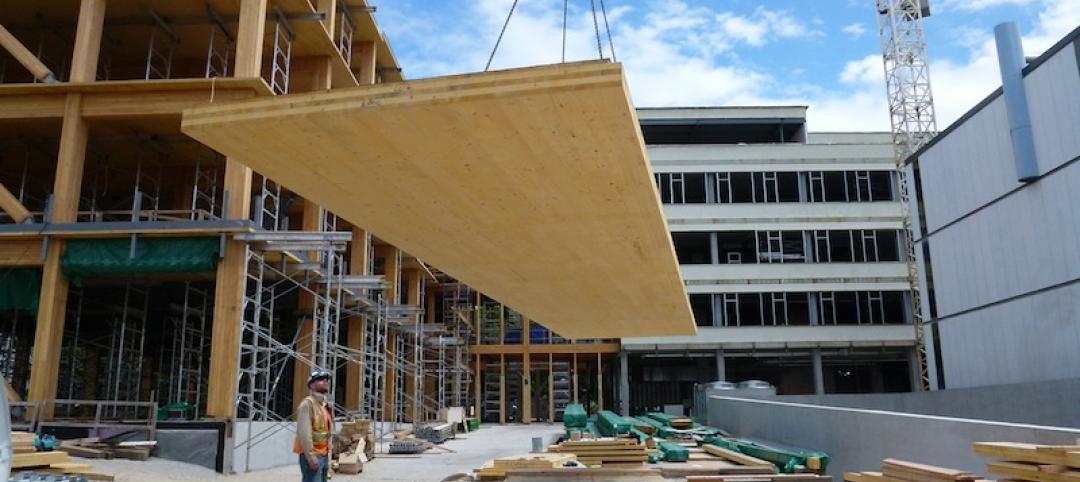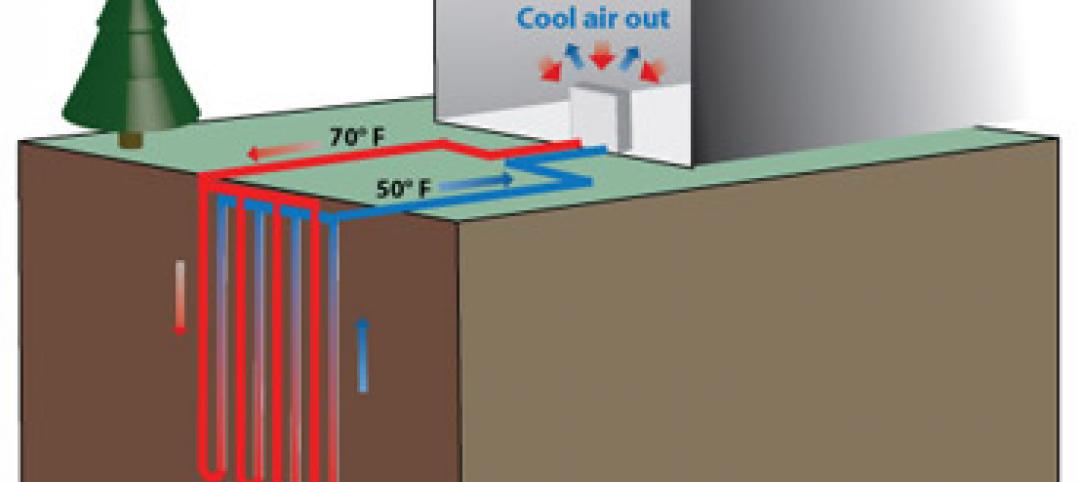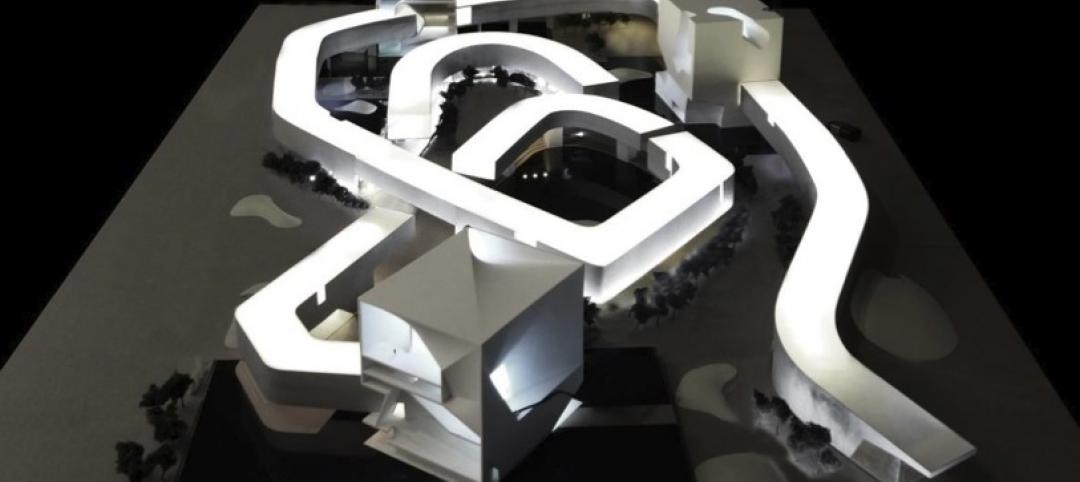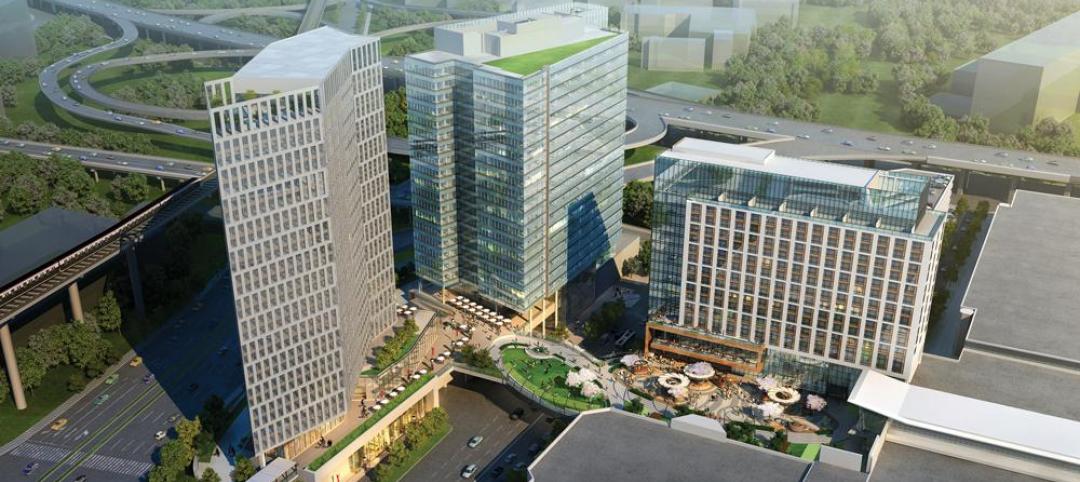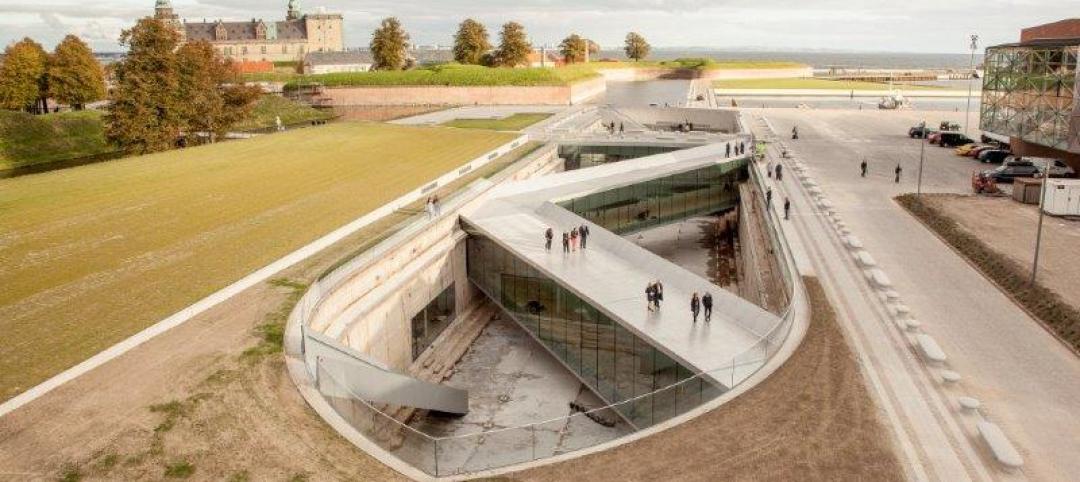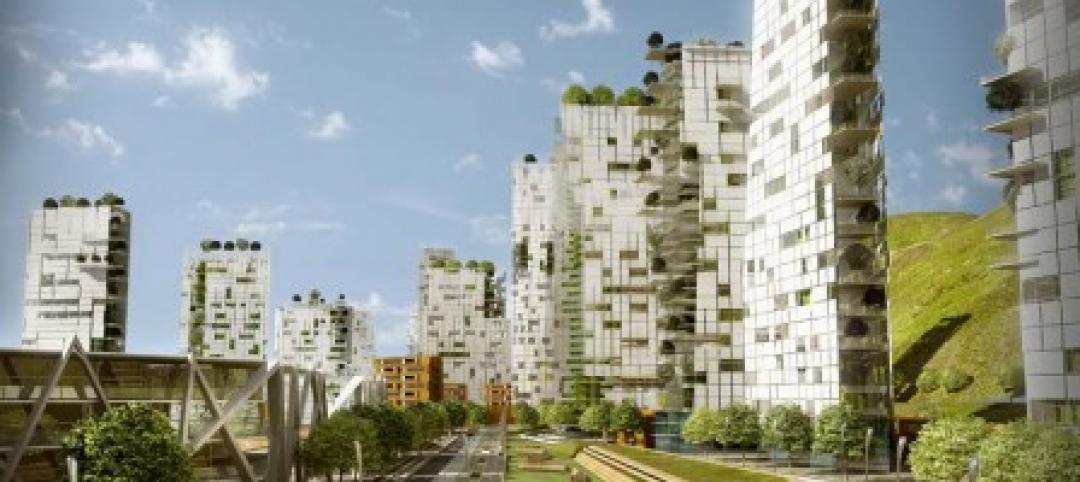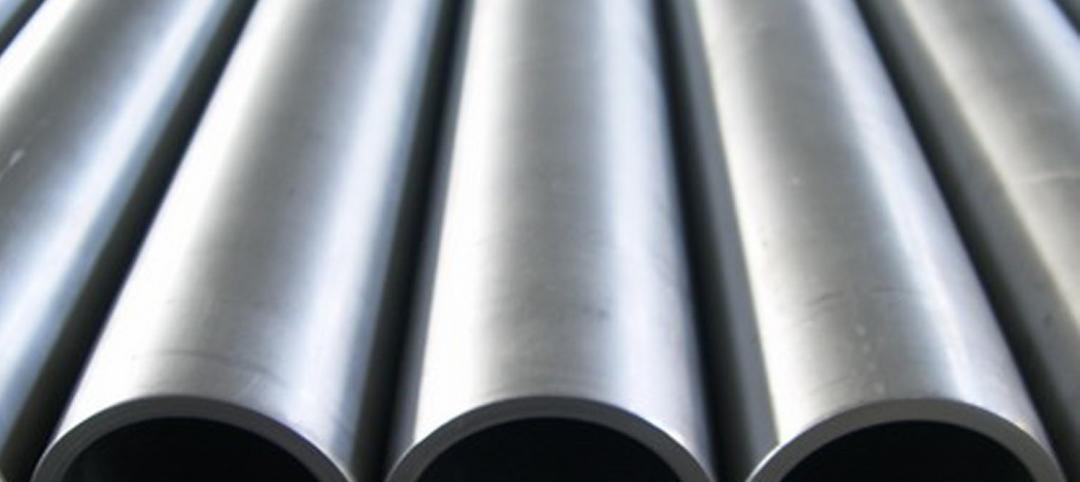With a collection of over 250,000 historic photographs and artifacts of agrarian and maritime culture of the Oregon Coast, the Coos History Museum and Maritime Collection had outgrown its previous home.
In 2000, a grant initiated a search for a new facility, but the grant stipulated the new museum be located on Highway 101 to provide a development catalyst for the historic wharf at Coos Bay. The museum’s new site is on the wharf at the gateway to Coos Bay with historic docks on the east, a cove to the south, and the historic roadway to the west. A future development will eventually rise to the north.
The goal for the design of the museum, which bridges the history of the region through stories of the Coos and Coquille Tribes, coal miners, loggers, farmers, and shipbuilders, was to create a building that paid tribute to the past while serving as a beacon for change along the waterfront.
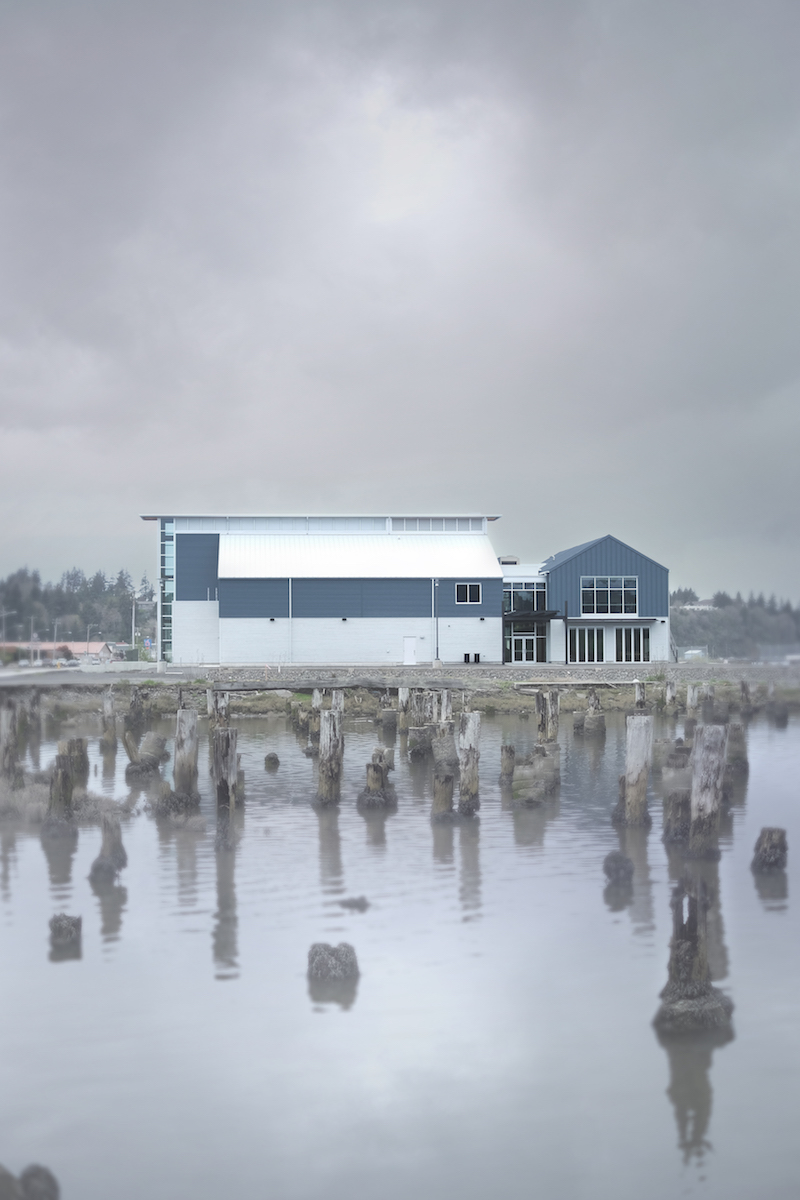 Photo courtesy of Signal Architecture & Research.
Photo courtesy of Signal Architecture & Research.
The resulting building has a simple barnlike form inspired by waterfront industrial facilities. A light well pierces the barn-shaped volume and provides a visual cue for circulation, stairs, and a central focal point from highway 101. A gift shop, multi-purpose space, and a large gallery are located on the ground floor. The second floor is dedicated to staff and volunteer offices, boardrooms, archives, and travelling gallery mezzanine. A stair tower serves as a repository for tall exhibits that require a 40-foot-tall exhibit space.
Miller Hull Partnership was the Architect of Record for the project and Signal Architecture & Research was the Project Design Lead.
Related Stories
| Nov 25, 2013
Building Teams need to help owners avoid 'operational stray'
"Operational stray" occurs when a building’s MEP systems don’t work the way they should. Even the most well-designed and constructed building can stray from perfection—and that can cost the owner a ton in unnecessary utility costs. But help is on the way.
| Nov 19, 2013
Top 10 green building products for 2014
Assa Abloy's power-over-ethernet access-control locks and Schüco's retrofit façade system are among the products to make BuildingGreen Inc.'s annual Top-10 Green Building Products list.
| Nov 13, 2013
Installed capacity of geothermal heat pumps to grow by 150% by 2020, says study
The worldwide installed capacity of GHP systems will reach 127.4 gigawatts-thermal over the next seven years, growth of nearly 150%, according to a recent report from Navigant Research.
| Nov 13, 2013
First look: Renzo Piano's addition to Louis Kahn's Kimbell Art Museum [slideshow]
The $135 million, 101,130-sf colonnaded pavilion by the famed architect opens later this month.
| Oct 30, 2013
15 stellar historic preservation, adaptive reuse, and renovation projects
The winners of the 2013 Reconstruction Awards showcase the best work of distinguished Building Teams, encompassing historic preservation, adaptive reuse, and renovations and additions.
| Oct 30, 2013
Steven Holl selected for Culture and Art Center in Qingdao, besting Zaha Hadid, OMA
Steven Holl Architects has been selected by near unanimous jury decision as the winner of the new Culture and Art Center of Qingdao City competition, besting OMA and Zaha Hadid Architects. The 2 million-sf project for four museums is the heart of the new extension of Qingdao, China, planned for a population of 700,000.
| Oct 30, 2013
11 hot BIM/VDC topics for 2013
If you like to geek out on building information modeling and virtual design and construction, you should enjoy this overview of the top BIM/VDC topics.
| Oct 29, 2013
BIG opens subterranean Danish National Maritime Museum [slideshow]
BIG (Bjarke Ingels Group) has completed the Danish National Maritime Museum in Helsingør. By marrying the crucial historic elements with an innovative concept of galleries and way-finding, BIG’s renovation scheme reflects Denmark's historical and contemporary role as one of the world's leading maritime nations.
| Oct 28, 2013
Urban growth doesn’t have to destroy nature—it can work with it
Our collective desire to live in cities has never been stronger. According to the World Health Organization, 60% of the world’s population will live in a city by 2030. As urban populations swell, what people demand from their cities is evolving.
| Oct 18, 2013
Researchers discover tension-fusing properties of metal
When a group of MIT researchers recently discovered that stress can cause metal alloy to fuse rather than break apart, they assumed it must be a mistake. It wasn't. The surprising finding could lead to self-healing materials that repair early damage before it has a chance to spread.


